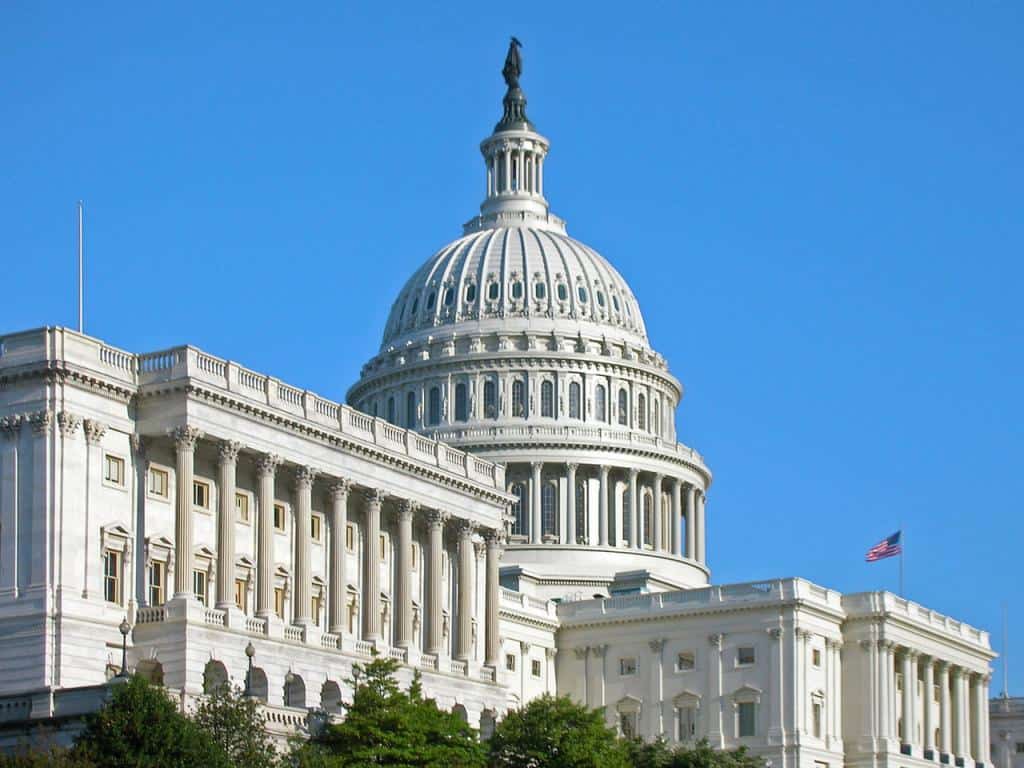
A measure this week to end a study of possible copper mining impacts in areas that drain toward the Boundary Waters Canoe Area Wilderness has been defeated. Reps. Tom Emmer (R-06) and Rick Nolan (D-08) proposed the amendment to a large appropriations bill. It would have stripped funding for the two-year project.
Identical legislation introduced by Emmer and Nolan last year was ultimately passed by the full House of Representatives. This time around, it was withdrawn after fierce opposition organized by environmental groups.
Numerous organizations encouraged their supporters to call Congress in opposition to the amendment.
“If it had passed, this irresponsible amendment would have risked both the health of the Boundary Waters
Canoe Area Wilderness itself, as well as the health of Minnesota’s existing, strong northern economy that relies on the Wilderness,” Save the Boundary Waters campaign manager Alex Falconer said. “We are very pleased in the announcement of the withdrawal of the amendment, keeping our government’s right to protect America’s wilderness systems intact.”
Protecting the protections
The Forest Service initiated the study in early 2017, under then-President Barack Obama. A two-year moratorium on mining development was also initiated at that time. In a related action, the government rejected the renewal of mineral leases Twin Metals needs to mine in the area.
The overall goal of the study is to help decide whether or not a 20-year mining moratorium on 234,000 acres of National Forest lands that drain into the Boundary Waters Canoe Area Wilderness is appropriate.
This June, President Trump told a Duluth rally that he would rescind the moratorium. In May, the administration restored mineral leases to Twin Metals that had been revoked.
The mining study was already downgraded this January by the Forest Service, converting it from an in-depth review to a less-detailed assessment.

